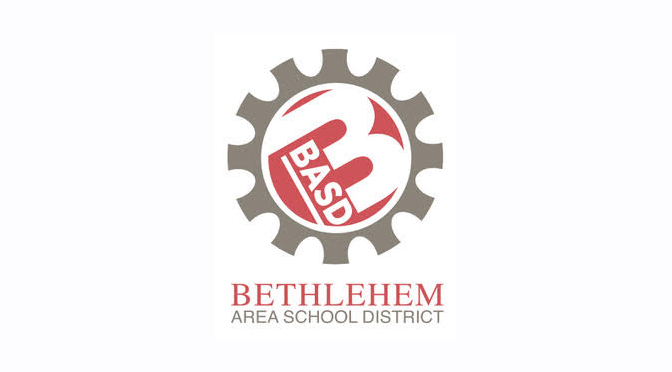HARRISBURG (1/25/2023)—The PA Association of School Business Officials (PASBO) has concerns about the recommendations in the report released this afternoon by the Auditor General’s office, which highlighted school district fund balances in twelve of Pennsylvania’s 500 school districts.
PASBO recommends additional analysis and a better understanding of how fund balances are managed and utilized by all of Pennsylvania’s 500 school districts and an appreciation of what is driving property tax increases prior to pursuit of any of the policy adjustments suggested based on a review of only 12 school districts.
Having a fund balance is essential for prudent financial operations of any school district. Fund balances are integral to the long-term preservation of the school district’s General Fund to ensure stability and consistency in providing the resources needed for all student programs and services. Maintaining a fund balance also provides additional revenue from investment earnings rather than the opposite of incurring additional expense from borrowing for cash flow needs.
The PA Public School Code prohibits a school district from increasing property taxes if the size of its unassigned fund balance exceeds a certain percentage of its total budgeted expenditures (this limit is 8% for most of Pennsylvania’s 500 school districts). The Auditor General’s report suggests that this prohibition on property tax increases should be reinterpreted to capture unassigned fund balance as well as committed and assigned fund balance.
School districts are not using Act 1 exceptions—regardless of what funds are used to define the threshold. In 2021-22—the most recent year of data publicly available—only 7 of 500 school districts used Act 1 exceptions. The number for 2022-23, based on the limited data available, suggests that number is even less.
The other fund balance types—non-spendable, restricted, committed, and assigned fund balances—are essential for General Fund stabilization, and they reflect the careful decisions and multi-fiscal year planning by locally elected school boards across Pennsylvania.
Some of the most common directed uses for existing committed and assigned fund balance are state-mandated costs such as pension contributions, special education, and charter school tuition costs that are not under the school district’s control. Special education expenditures grew to nearly $6 billion in 2020-21 and only about $1 billion was funded by the state. Charter school tuition costs grew to nearly $2.7 billion in 2020-21 with no state reimbursement.
Other committed and assigned fund balance uses are for healthcare costs that routinely exceed inflation and for future infrastructure needs and upgrades, especially when there is no longer state funding for even the most basic of renovations. Schools have large buildings that require regular planned and unexpected maintenance and improvements to maintain the life of the building, to meet safety requirements for students and staff, and to ensure quality learning environments.
While it is essential that funds committed or assigned for specific purposes are used in the short and long-term for those identified purposes, it’s important to remember that all fund balances are one-time funds, and their use requires careful planning to ensure the financial stability of the school district.
PASBO certainly agrees with the Auditor General’s focus on the appropriate and effective use of taxpayer funds, and we know how critical it is to understand the complex dynamics at play on this issue and to recognize the inter-relatedness of mandated cost growth, state funding, and property taxes, along with the misalignment of the school districts budget cycle and the state budget cycle.
Second-guessing the decisions of locally-elected officials who are carefully planning to be able to maintain their educational programs in the face of increasing mandated costs, decreasing revenues, global pandemics, healthcare increases, or even late or uncertain budgets due to new legislative dynamics is simply counter to sound financial practice and ignores the effective use of these funds by school districts to benefit taxpayers and mitigate need for future tax increase.
Looking towards broader solutions, such as mitigation of mandated cost growth and increased state support for those areas that drive property tax reliance, will be extremely effective in addressing some of the issues highlighted in the Auditor General’s report. We appreciate the Auditor General’s rebounded interest in auditing school districts, and we look forward to meeting with the Auditor General’s team to discuss this report and to work together going forward.
For more information about fund balances, please click here to access Fund Balance FAQs.
Information provided to TVL by:
Barbara Clymer
Communications Coordinator
Bethlehem Area School District
1516 Sycamore Street
Bethlehem, PA 18017


